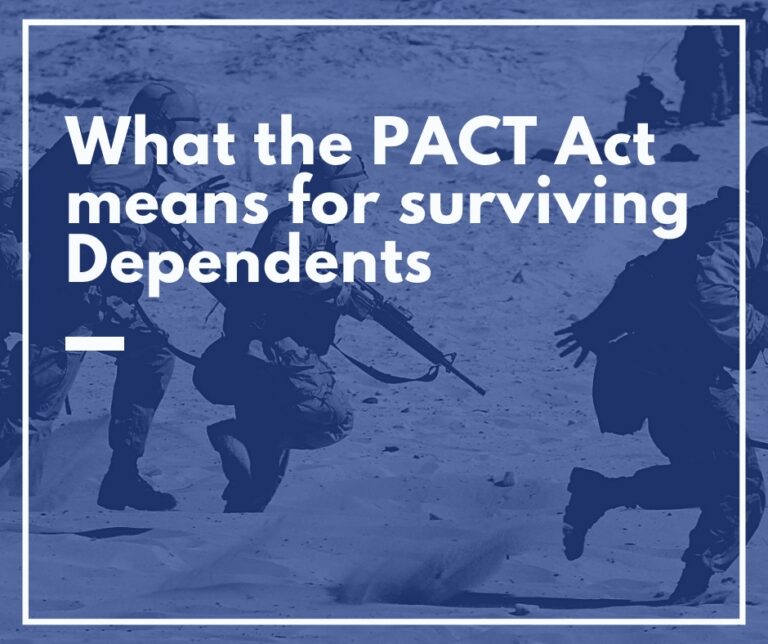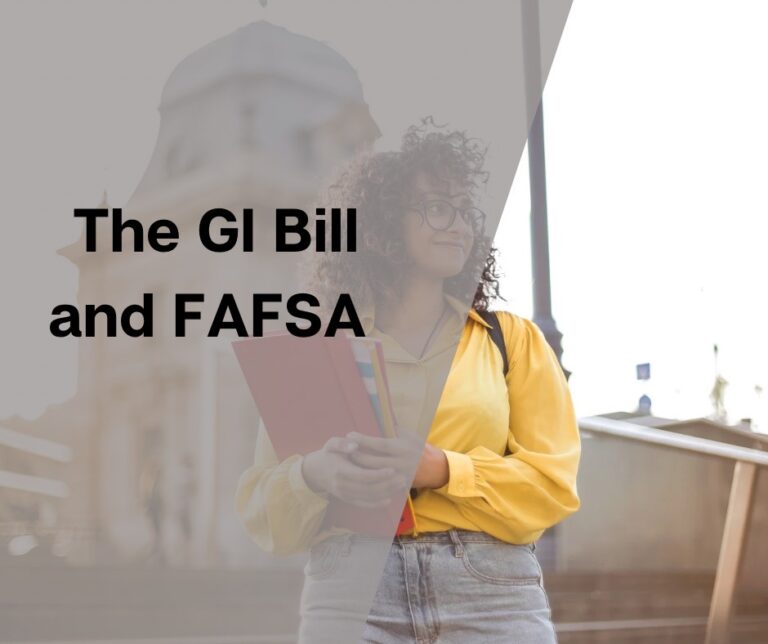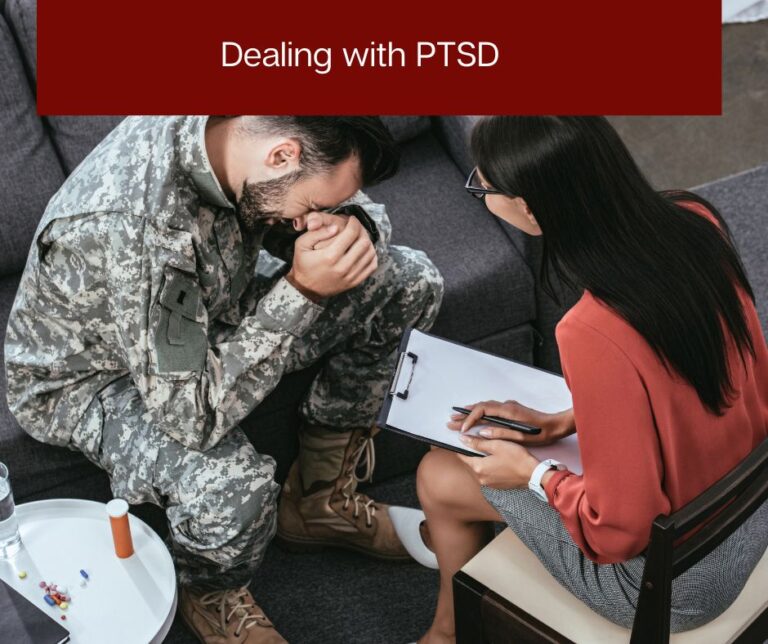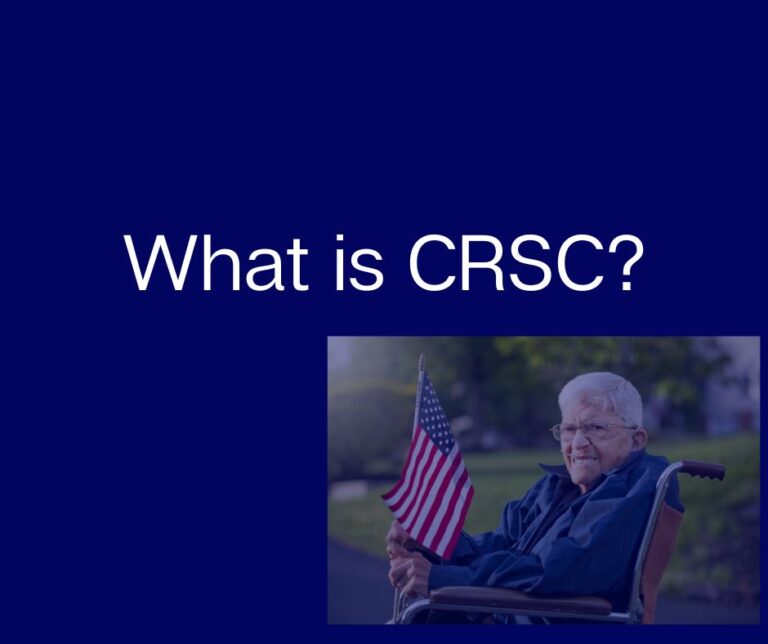VA Ending VASP Program: What It Means for Veterans Like Us
On April 3, 2025, the Department of Veterans Affairs announced they’re ending the Veterans Affairs Servicing Purchase (VASP) program, effective May 1. For many of us in the veteran community, that news hit hard. The VASP program has been a lifeline—quietly and effectively helping over 17,000 veterans keep their homes through affordable, low-interest mortgage options.
What Was VASP, and Why Did It Matter?
Launched in May 2024, VASP was created in response to the real financial struggles many of us faced after COVID. Once the Partial Claim Payment program expired back in 2022, a lot of vets were left hanging. VASP stepped in to fill that gap. It allowed the VA to buy delinquent loans and offer new terms—often with interest rates as low as 2.5%. It wasn’t flashy, but it worked. It kept brothers and sisters from losing their homes. For a lot of us, it provided some peace of mind in a world that hasn’t exactly been peaceful.
Why Is the VA Shutting It Down?
The official line is that the VA says it’s not built to act like a loan servicing operation long-term. There are concerns about sustainability and the lack of formal Congressional approval. Some lawmakers are also worried about the financial risk to taxpayers. But here’s the bottom line from where I sit: it may not have been perfect, but it was working—and now it’s gone without a solid replacement in place.
What This Means for the Community
This isn’t just about numbers or policy—it’s about people. It’s about fellow veterans who’ve fought hard to keep a roof over their heads, only to be told that a key program is disappearing. Without something else ready to step in, we could see a sharp rise in veteran foreclosures. The Mortgage Bankers Association and other housing advocates are sounding the alarm, pushing for a permanent solution—like bringing back a version of the Partial Claim program.
What Needs to Happen Now
Lawmakers and advocacy groups are starting to respond, but it’s going to take more than statements and press releases. We need real action—fast. Whether it’s reviving old programs or building something new, it has to be tailored to the unique needs we face. We’ve earned that. We’ve sacrificed for this country. The very least we should expect in return is a fair shot at staying in our homes.
Final Thoughts
I get it—budgets are tight, agencies have limits, and programs come and go. But this feels different. This is about ensuring that no veteran wakes up wondering if they’re going to lose their home next month. If you’re a veteran, a spouse, or someone working in this space, now’s the time to speak up. Reach out to your representatives. Support the groups pushing for solutions. Let’s make sure this doesn’t become just another forgotten headline.
Because after all we’ve been through, we shouldn’t have to fight another battle just to keep a place to call home.








I have made application for the VASP program and have not heard back either from my VA Representative or from the bank. I have waited over an hour waiting for a supervisor with the bank. and then called the VA Home Loan Center and have left messages but no one returns my calls. TO ME THIS MEANS THEY ARE DELAYING ANY ANSWERS. WAITING until May 1st.